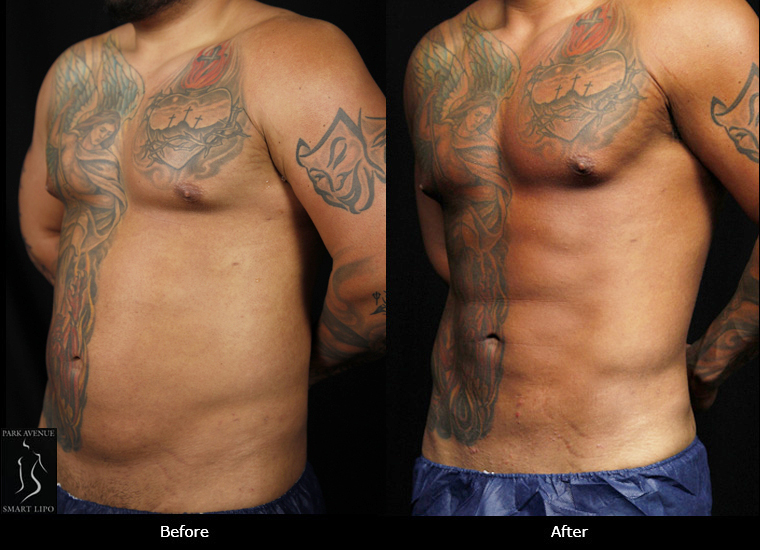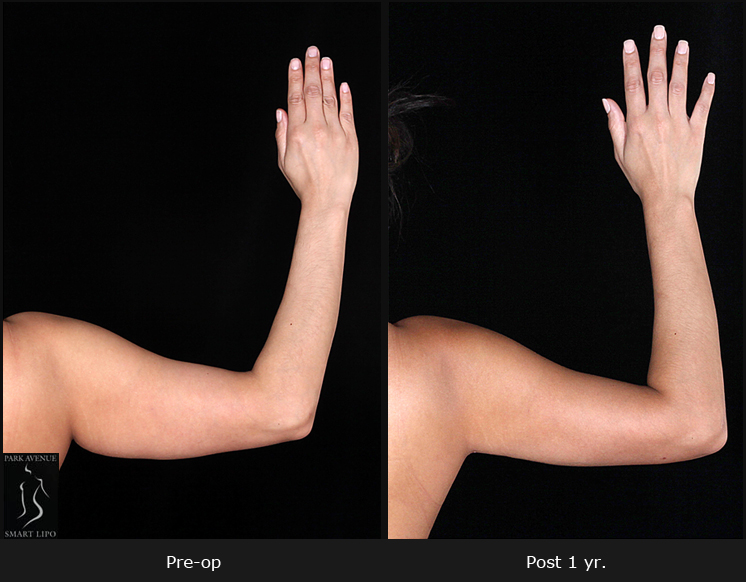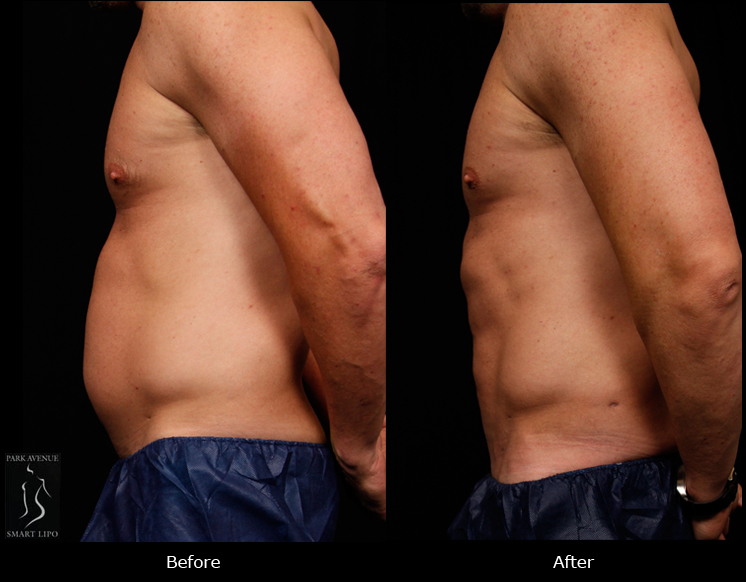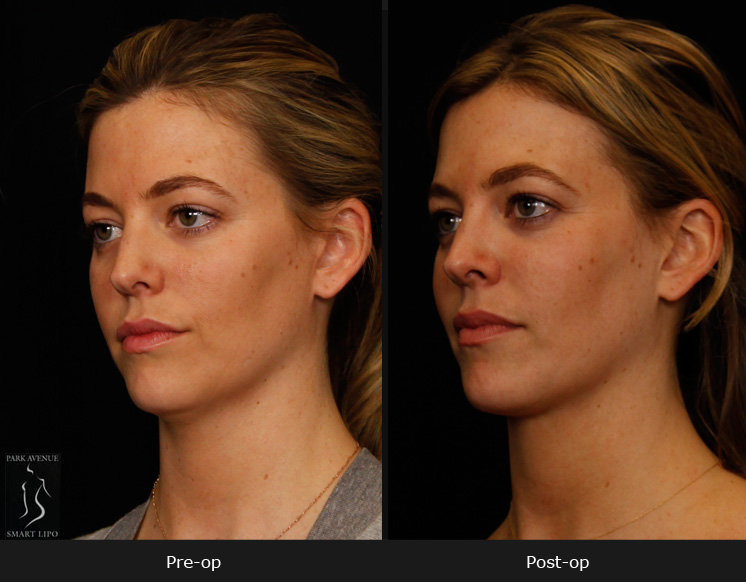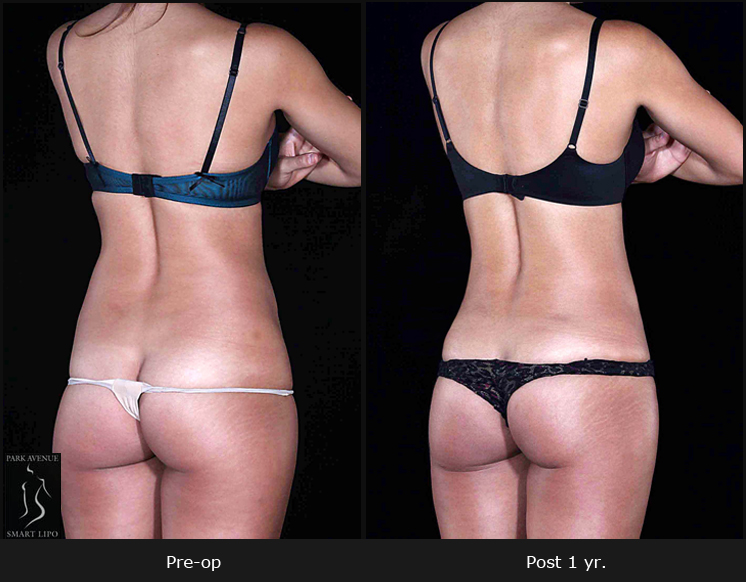Plastic surgery procedures may be associated with post-operative bruising and swelling. If left untreated or not taken care of, it can lead to unwanted complications that delay the recovery. The surgeon who performs the procedure and the patients themselves have to take a combined effort to avoid complications and achieve the best results. Surgeons usually give relevant instructions on how to handle the recovery period to minimize such discomforts and enjoy the benefits at the earliest. These would include the diet to be followed and supplements to be taken, as well as exercise and other activities that patients can engage in during the recovery period.
The extent of swelling and bruising varies depending on the procedure. Plastic surgeons are cautious about excessive swelling that may result in complications. They may recommend medications to minimize postoperative bruising and swelling. It is important to closely follow the directions provided by the surgeon.
In addition to the foods and supplements, plastic surgeons also give advice regarding the activities to be followed. Healthcare professionals usually recommend the pneumonic R.I.C.E. The letters stand for Rest, Ice, Compression, and Elevation that are necessary for a faster recovery. R.I.C.E will be specially customized for each patient and the specific plastic surgery procedure undergone.
- When the procedure is an open one, surgeons utilize techniques to minimize bleeding and thereby post-operative bruising.
- Knowing how compression helps to speed up recovery, the surgeons place dressings in such a way as to ensure compression.
- Ice also acts a great means to alleviate post-operative bruising and swelling but this should be done cautiously and strictly according to the instructions of the surgeon. There is a chance that ice can constrict blood vessels and cause serious damage.
- Rest and elevation are equally important during the first few days after the plastic/cosmetic surgery procedure.
A safe and comfortable recovery period with minimal complications and the best results is what both surgeons and patients look forward to. However, each patient is unique and so is the type of procedure and their associated health conditions. So it is strictly recommended to follow the advice of your surgeon before and after the plastic surgery procedure.

